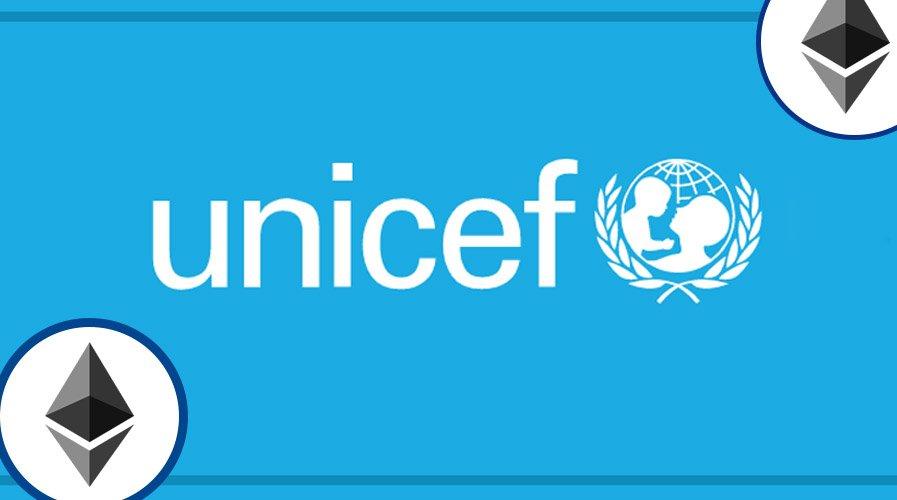Feb 24, 2020
Ethereum Foundation's Donation Might Have Prompted UNICEF To Adopt Blockchain
.
Disclaimer: The views and opinions expressed in this article are for informational purposes only and do not constitute financial, investment, or other advice. Investing in or trading crypto assets comes with a risk of financial loss.
Shailesh is an ardent follower of the crypto world and keenly watches every development taking place in the cryptocurrency space. He loves to voice his opinions through well-curated blogs and articles, which throw light on different facets of the crypto industry.
